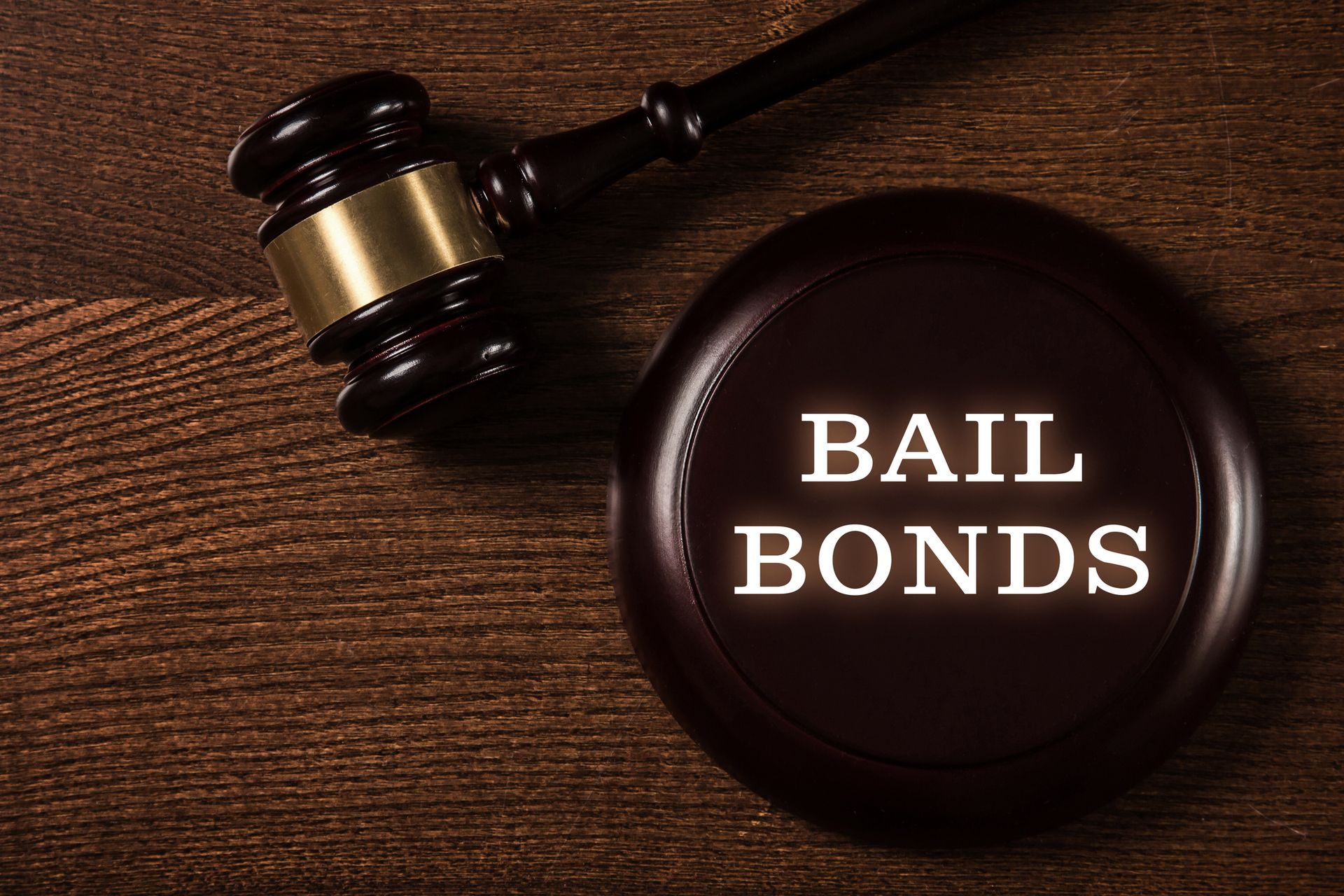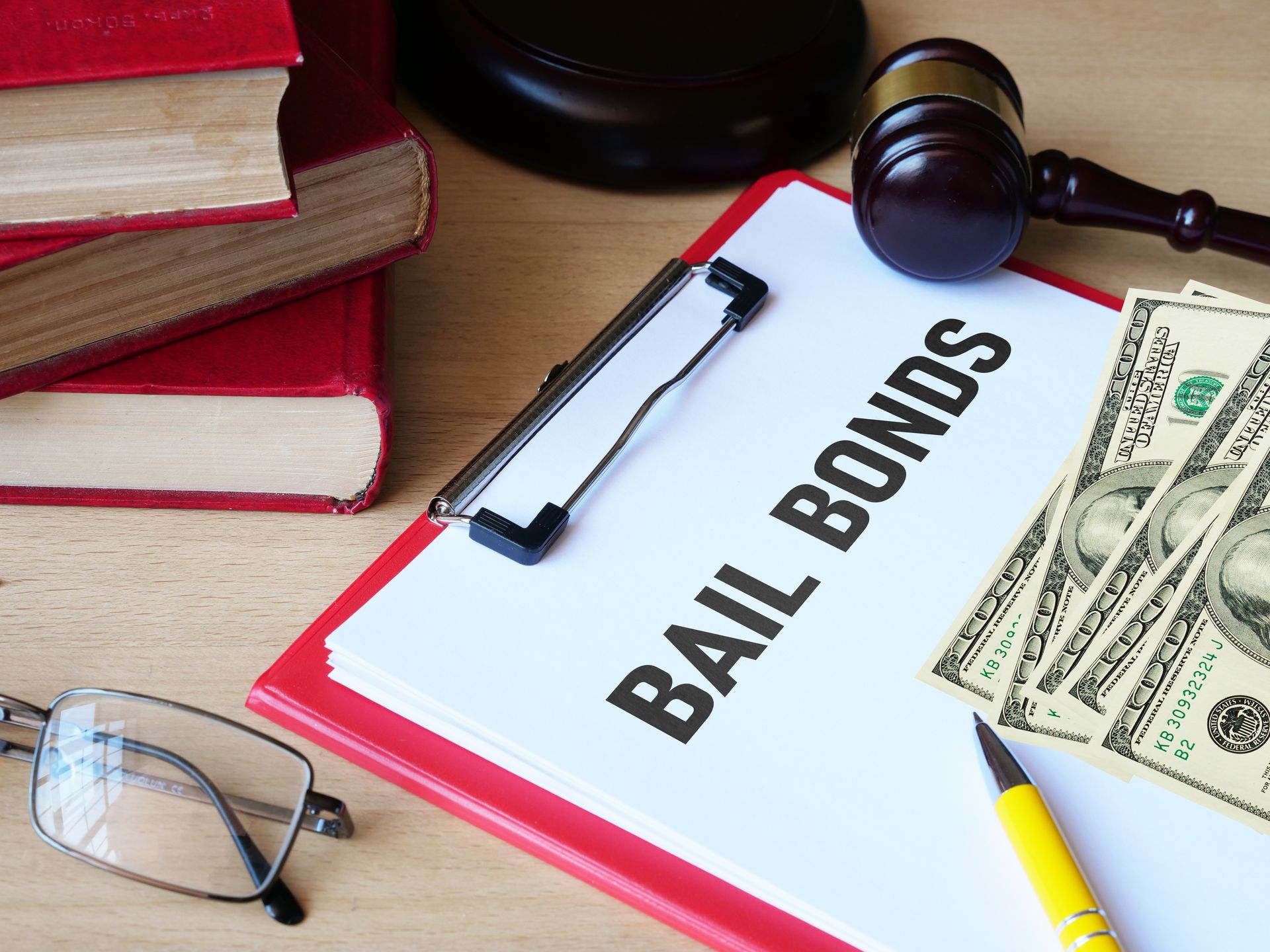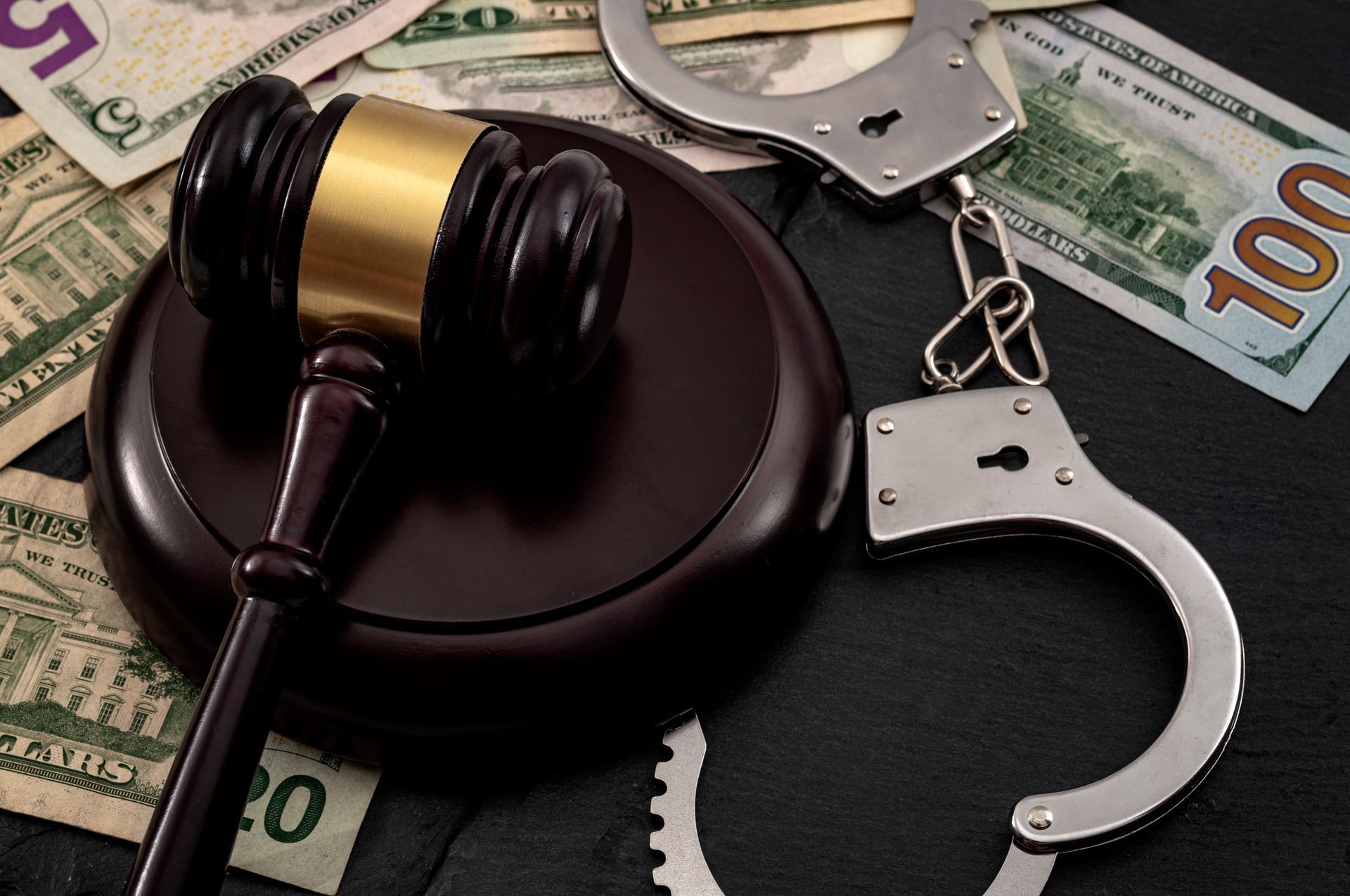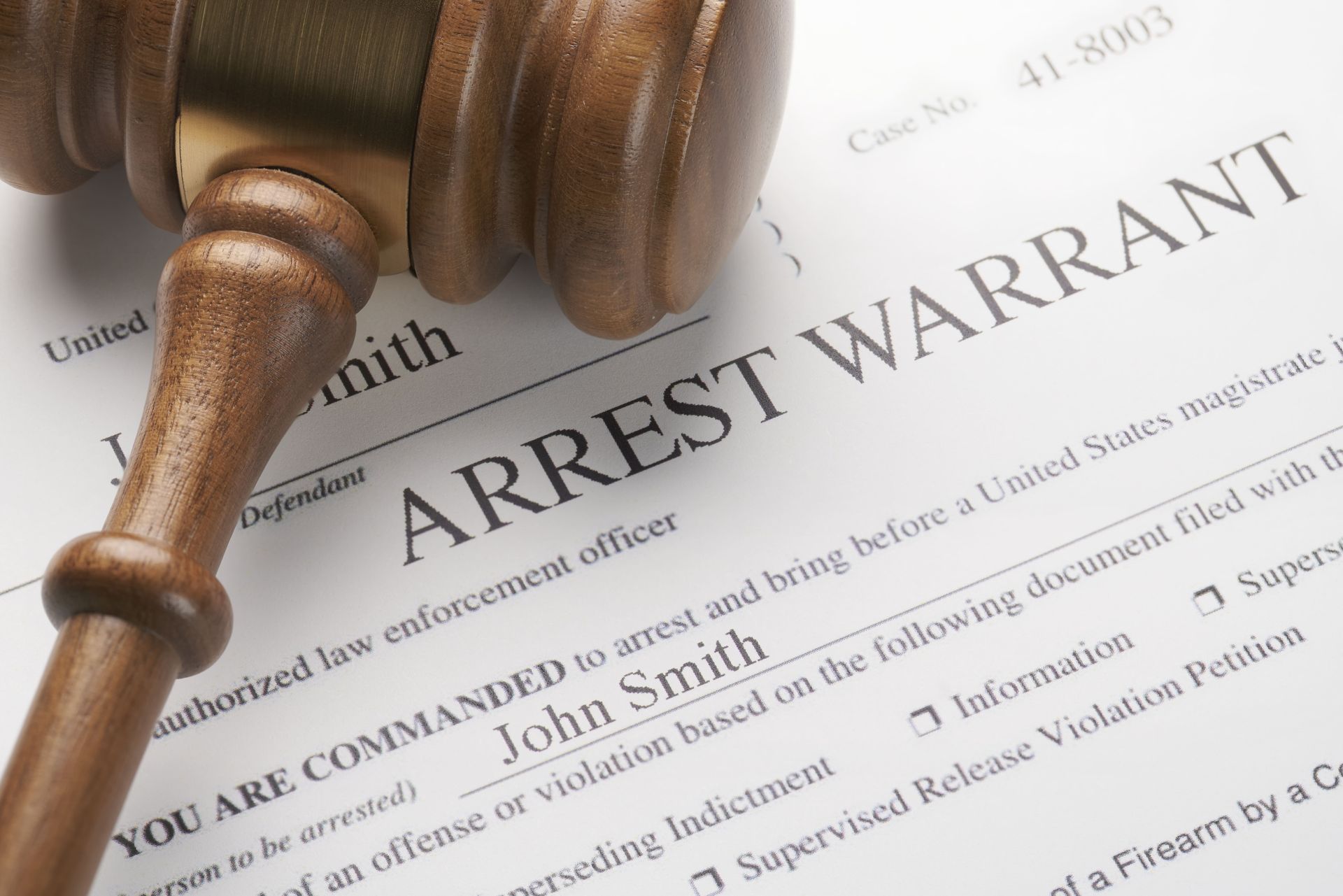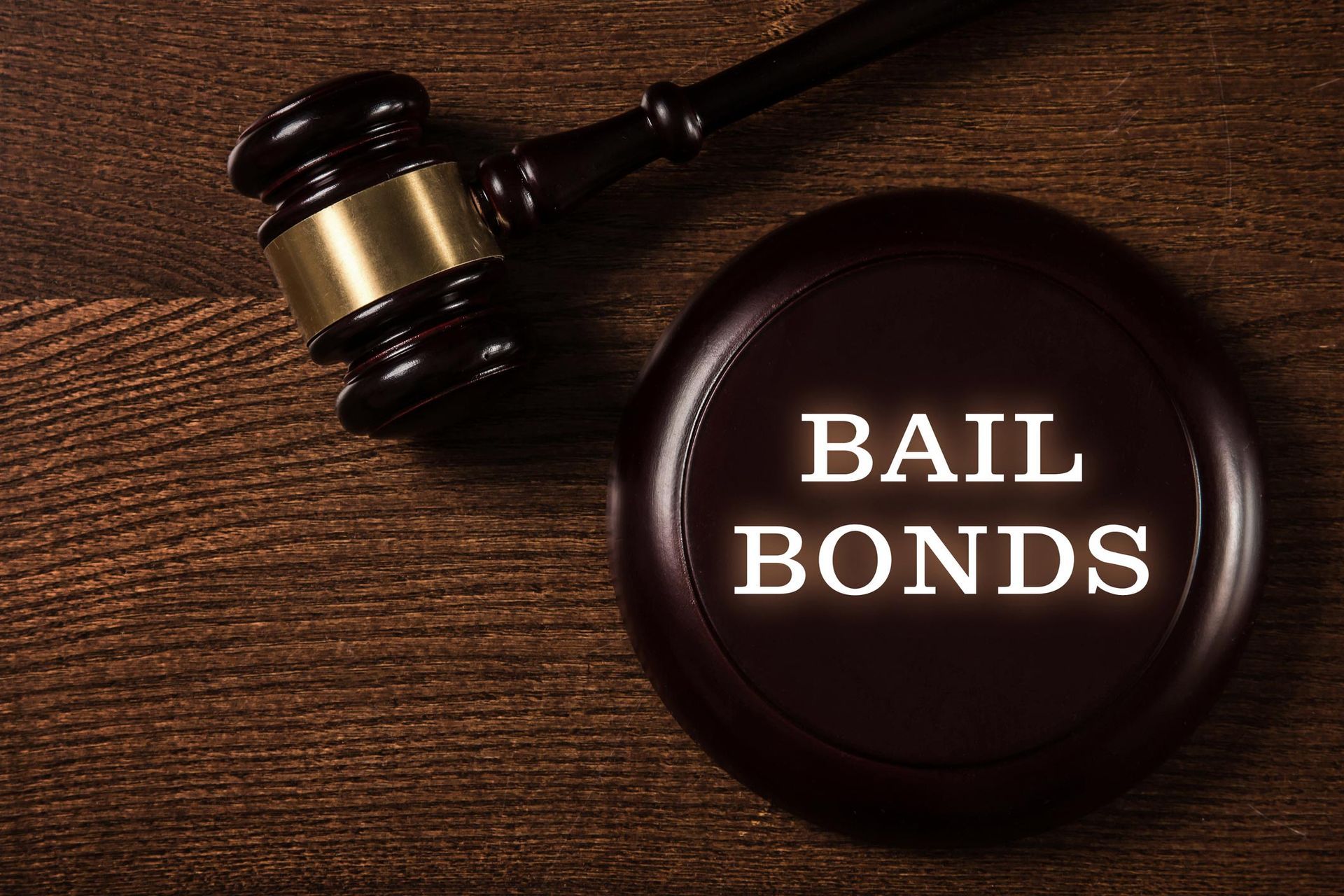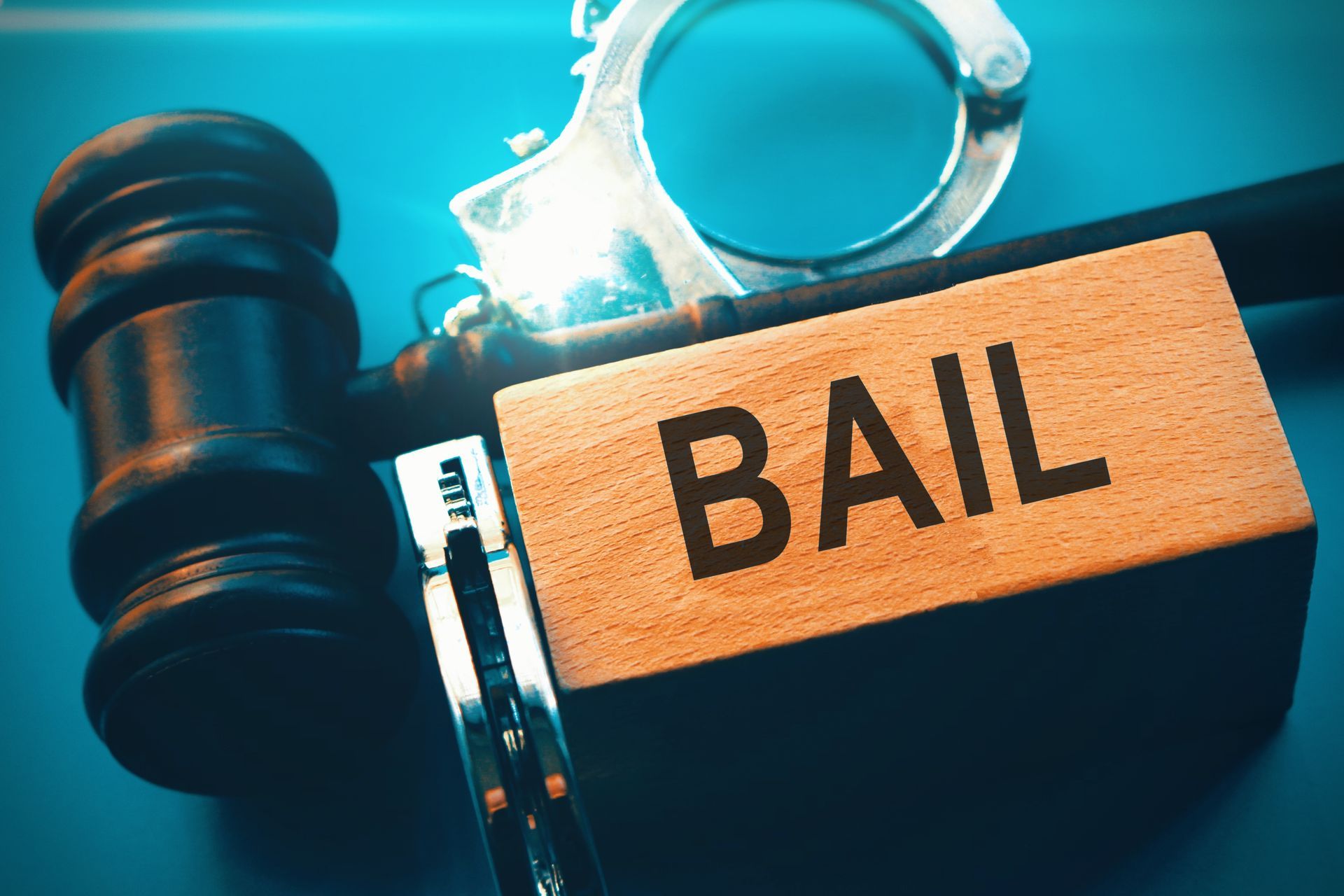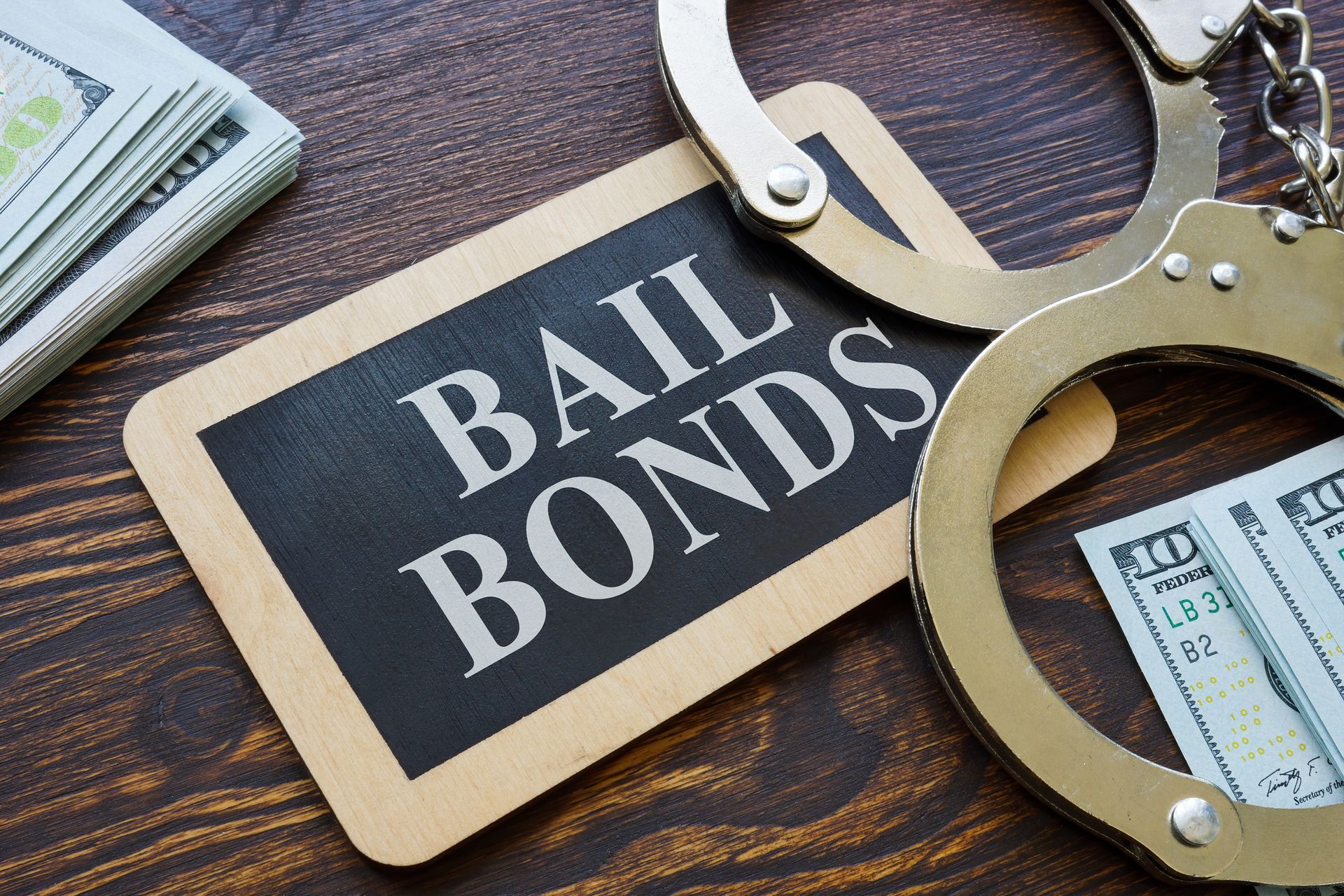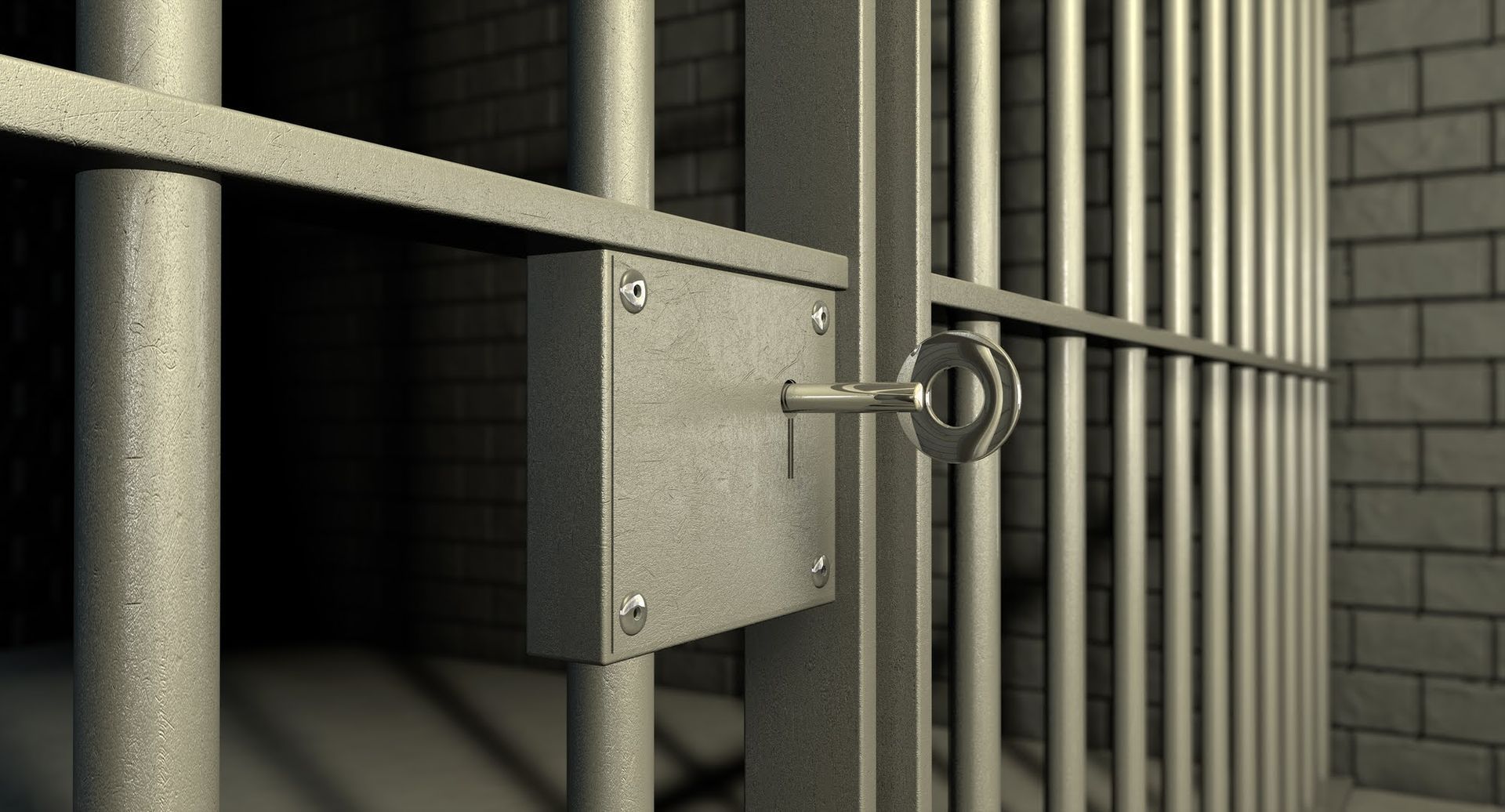Six Things to Expect When Applying for a Bail Bond

Navigating the process of securing a bail bond can be a daunting experience, especially during an already stressful time. The bail bond process can be overwhelming due to the legal complexities and strict requirements involved, often compounded by the emotional toll of dealing with a loved one's arrest. Furthermore, the urgency and financial considerations add to the stress, making it critical to navigate each step correctly. Understanding what to expect can help streamline the process and set clear expectations. Here are six things you should be prepared for when applying for a bail bond.
Initial Consultation with a Bail Bondsman
The first step in obtaining a bail bond is an initial consultation with a bail bondsman. During this meeting, the bondsman will gather essential information about the defendant, including the nature of the charges, previous criminal history, and the circumstances surrounding the arrest. This consultation is crucial, as it helps the bondsman determine the risk involved and the likelihood of the defendant appearing in court. It's essential to be honest and provide accurate information to facilitate a smooth process.
Understanding the Costs and Fees
Understanding the costs and fees related to a bail bond is crucial. Typically, a bail bondsman will levy a non-refundable charge, often a percentage of the entire bail sum. This fee can vary depending on the jurisdiction and the gravity of the allegations. Moreover, additional expenses like collateral prerequisites or administrative charges might apply. It's vital to clarify all financial responsibilities upfront to prevent any unexpected costs down the road.
Paperwork and Legal Documentation
Securing a bail bond involves a significant amount of paperwork and legal documentation. The bail bondsman will require you to sign various forms, such as a bail bond agreement, an indemnity agreement, and possibly a collateral agreement. These documents outline the terms and conditions of the bail bond, your responsibilities as the indemnitor, and any collateral requirements. Ensure you read and understand all paperwork thoroughly before signing.
Providing Collateral
A bail bondsman may request collateral in many instances to secure the bail bond. This collateral acts as a protective measure, covering the full bail amount if the defendant fails to show up in court. Collateral may take the form of property, vehicles, jewelry, or other valuable assets. The nature and quantity of collateral needed can vary, so have specific details and documentation for your assets ready. Upon the defendant meeting their court responsibilities, the collateral will be returned.
Monitoring and Check-ins
After securing a bail bond, the bondsman may require regular check-ins to ensure the defendant complies with all court appearances and legal obligations. These check-ins can be in person, over the phone, or through an online system. Failure to comply with check-in requirements can result in revocation of the bail bond and immediate arrest of the defendant. It's crucial to adhere to the bondsman's instructions and maintain open lines of communication throughout the legal process.
Court Appearances and Final Resolution
The ultimate goal of the bail bond process is to ensure the defendant appears for all court dates until the case reaches a resolution. This can include preliminary hearings, trial dates, and sentencing, if applicable. Throughout this time, you must stay informed about court schedules and any changes to the defendant's legal obligations. Once the case is resolved and all court appearances are fulfilled, the bail bond process concludes, and any collateral provided will be returned minus any outstanding fees or expenses.
Applying for a bail bond can be a complex process, but understanding these six critical aspects can help you navigate it with confidence. By being informed and prepared, you can ensure a more efficient and less stressful experience for yourself and the defendant. If you need bail bond services for your case, contact us at Absolute Bail Bonds for more information.
